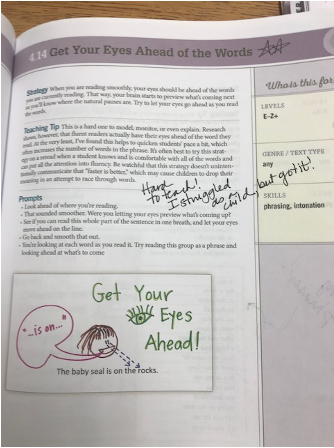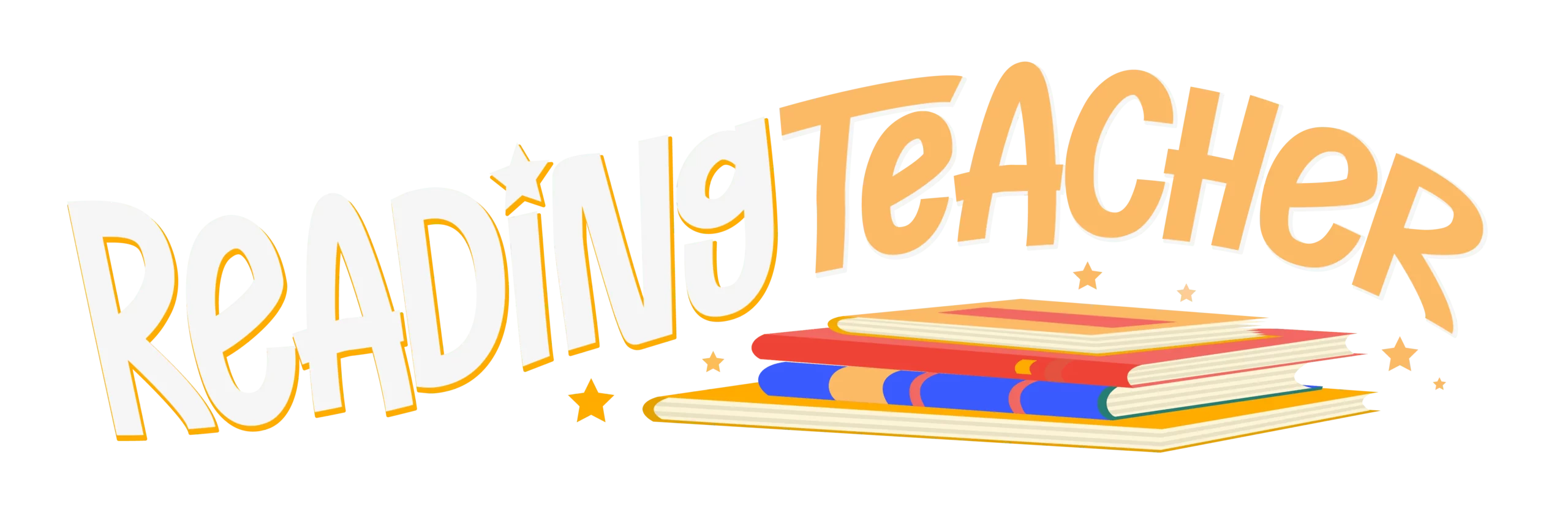Fluency Practice Games
Imagine a robot reading a classic children’s book: perhaps Where the Wild Things Are or The Pigeon Finds a Hot Dog. The robot’s voice sounds choppy, slow, and expressionless; and oddly enough, it reminds you of the way your first grader reads!
Many early readers are stuck in the “robot stage.” They can recognize and read many words, but their pace is slow and the expression isn’t quite right. In short: they haven’t developed reading fluency.
Today, we’re rescuing you from the robots. We’ll explain reading fluency, outline why it’s important, and offer five reading games that help youngsters practice this essential reading skill.

What does reading fluency mean?
Reading fluency means the ability to read smoothly and accurately with speed, expression, and confidence. If you compare a kindergartner to a literate adult, you’ll probably notice that the kindergartner reads choppily and slowly.
Why is reading fluency important?
Reading fluency is important because it’s essential for comprehension. If children are slowed down by decoding each word, they have less brain power to focus on the meaning of the words and story.
As they build their vocabulary of sight words, learn to decode, and explore more book genres, young book lovers will blossom into fluent readers.
But how do we get there? The answer is lots of practice, lots of reading, and plenty of games.
Yes, you heard that right. Fun reading games are not only helpful, but 100% necessary when working toward the goal of reading fluency. Here are five reading fluency activities to introduce at-home, in the classroom, or even during the drive to soccer practice.
1. Speed Read
When it comes to any educational activity, it’s important to remember that accuracy is always more important than speed. To achieve fluency, however, students need to gradually increasing their reading pace. Even as adults, some people read slower than others: the goal is to become a smoother, more confident reader.
For this reading game, you’ll just need a set of flashcards with decodable words. Lay one or a few cards out and have the student(s) read as many words as they can in a minute. This can be done in groups and doesn’t need to be competitive! Simply document the student’s word count each day so they can see their progress over time.

2. Echo Reading
Echo… echo! Many youngsters find it challenging to read with the correct expression or emotion. In this reading game, an adult reads a passage aloud with lots of expression; then, the student echoes their reading and tries to match the expression used.
3. Poetry Party
Poems are a sneaky way to incorporate creativity and reading fluency practice into a standard lesson. Rhyming poems are perfect for building fluency: they help students see and hear the relationships between words in a sentence.
Similar to echo reading, have students read poems aloud after a teacher recites them; and in older classrooms, they can write and read their own!
4. Look Ahead
It’s a bird, it’s a plane, it’s a WORD! Teach students to “look ahead” or preview the next word in the sentence with this simple reading game. To gamify this concept, you can create a silly worksheet or have kids draw arrows to the words they’ll need to preview. See below for an example!

Image source
5. Read Like You Speak
This is a simple strategy to avoid robot reading. Encourage kids to read like they are talking to a friend or loved one. To create the right “atmosphere” for reading, they can practice in a familiar space at home in front of a parent, sibling, or even stuffed animals. As an audience member, encourage the student to speak in phrases and stop for breaths - just like they would in an everyday conversation.
With these five reading games at your disposal, you can help your students increase their reading fluency - and bid goodbye to robot reading.

Take-Aways:
- Reading fluency is the ability to read with expression, speed, and accuracy. Fluency is essential for reading comprehension, and both are building blocks for lifelong literacy.
- There are a variety of reading games to help kids stretch their reading muscles and improve reading fluency, including:
- Speed Reading
- Echo Reading (to practice emotion)
- Poetry Party (to practice rhyming!)
- Looking Ahead (at the next word)
- Read Like You Speak
Start Teaching Reading for Free Now!
Access Level 1’s four interactive stories and the accompanying supplemental resources to teach elementary students how to read. No credit card is needed. Join the 42,635 teachers and students using our reading program.
